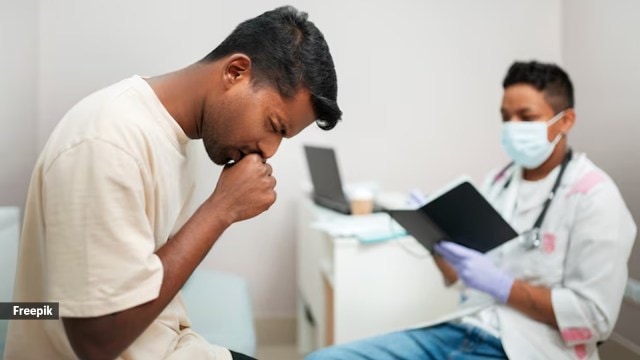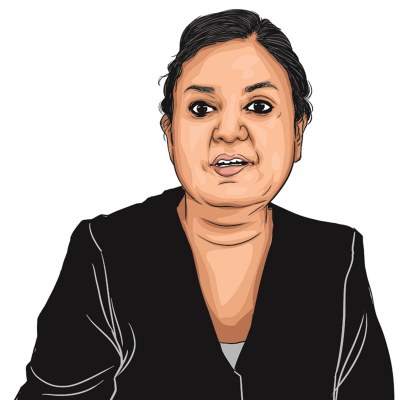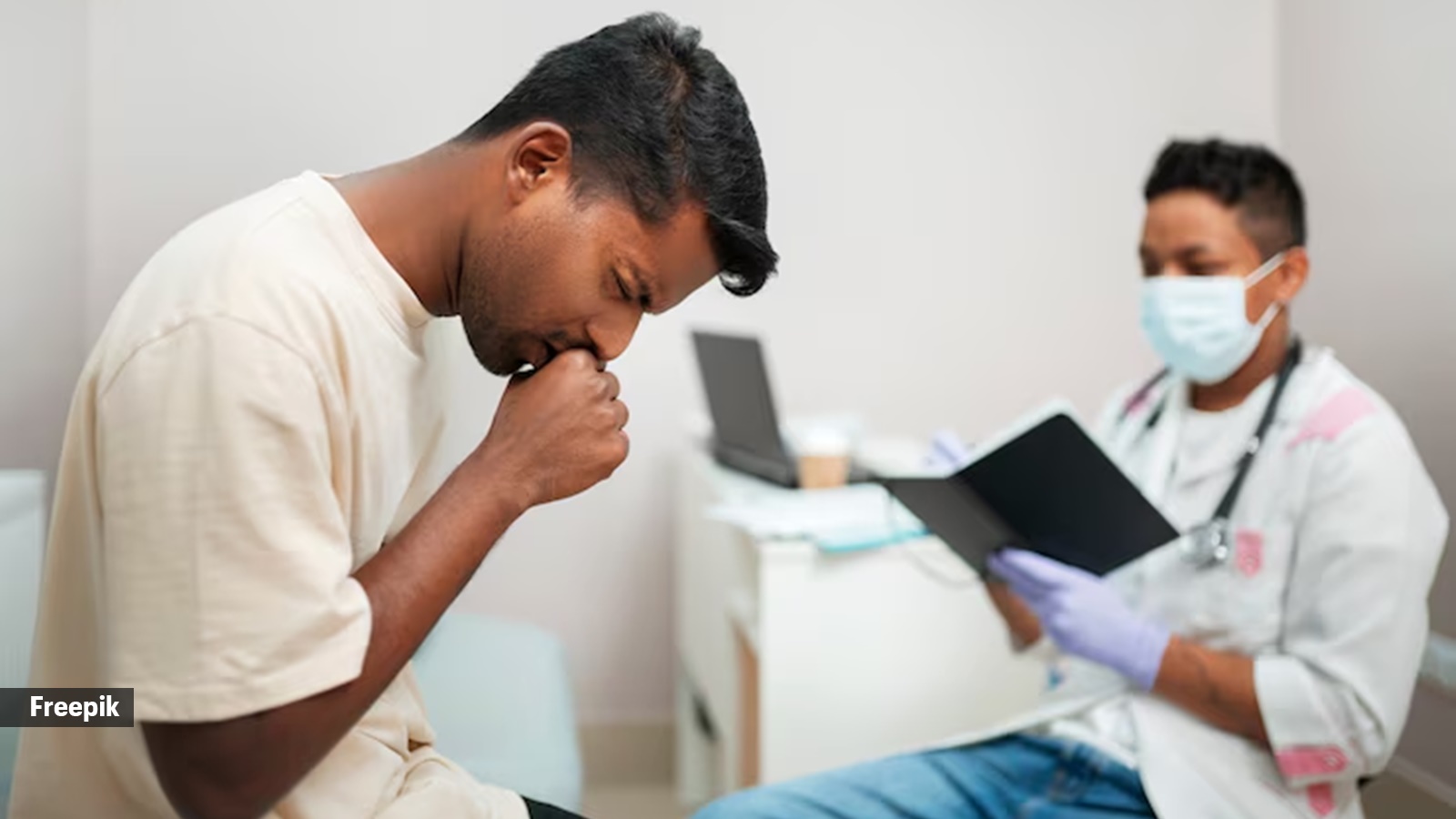Opinion by Rinku Ghosh
Health is a serious matter and explaining it should be left to the experts


Nov 16, 2024 11:58 IST First published on: Nov 16, 2024 at 13:58 IST
At a time of digital flatness, celebrities tend to democratise themselves to keep themselves relevant, even exposing their vulnerabilities to catalyse herd attention. This is evident from their talk-show candour and confessionals with influencers, podcasters, YouTubers and their own peers about their weakest spots and the conversation leveller — their health struggles.
From mental health, diabetes, hormones, obesity, autoimmune disorders and gut health to cancer, there’s no dearth of personal accounts from A-listers of how they negotiated their journey. Some have turned to video-journaling, documenting each stage of therapy. Some have donned the health activist cap, setting up disease-related foundations, while others have roped in their personal doctors to appear on a social media channel, often hosted and owned by them. The question is if this kind of health advocacy is blurring the line between self-aggrandisement, self-indulgence and public activism. And that’s problematic.
While celebrities can amplify messaging on public health concerns like diabetes and cancer and goad people into adopting preventive behaviour, the personalisation of that journey can sometimes be more self-serving than serving a greater good. Without belittling the pain of any celebrity battling a disease or their survival challenges, the fact is that a disease also has a very individual context. It is not just the stage and nature of the disease that varies from person to person, but also the reality that convalescence depends on a patient’s capacity. While many of us may feel positively encouraged by actors Chhavi Mittal and Hina Khan hitting the gym and resuming shooting despite chemotherapy cycles, most cancer survivors, particularly in advanced or critical stages, can barely make it through bad chemo days. They cannot muster the courage to even get out of bed, let alone pick dumbbells or become a TedX speaker.
What we ignore is the celebrity’s access to a superior kind of healthcare, the advantage of privilege and the supportive infrastructure to go with it. A regular person may not be able to afford the entire journey of cure. That’s why the recovery journey of a Sanjay Dutt or a Sonali Bendre from cancer continues to seem remote.
Second, a celebrity, even if well-meaning in intent, may propagate what worked for them rather than talk about a more broad-based approach. And bringing in their personal doctors for conversations on social media unconsciously nudges their audience to agree with them. This is sometimes encashed by corporate healthcare brands, who insidiously peddle their therapies and products with the celebrity as their brand ambassador, knowing full well their capacity to sway opinion. Nowhere is this more apparent than when celebrities share their weight-loss strategies. What unsuspecting followers do not understand is that when Hrithik Roshan and Shah Rukh Khan flaunt their ripped bodies, there’s a battery of doctors, nutritionists and functional medicine experts who make their reverse-ageing possible. Such impossible setting of standards can, therefore, only be disappointing rather than motivating. Health management can never be aspirational, it has to be grounded in the limits of possibility and one’s personal capacity.
Third is the nature of alternative remedies that celebrities often endorse. Not too long ago, actor Samantha Ruth Prabhu and Dr Cyriac Abby Philips had a disagreement over a post Prabhu made recommending hydrogen peroxide nebulisation to treat viral infections. Philips called it a propagation of unscientific practices and healthcare misinformation.
He’s not entirely wrong. Most scientific reviews of psychology literature have shown that people are conditioned to react positively to celebrity advice. And given the direct communication that celebrities now have with their fans, sometimes such therapy recommendations can be counterproductive to the awareness efforts of public health organisations. This has already been seen during the anti-vaccine campaign in the West by certain celebrities at the height of the Covid pandemic.
The nebulous definition of wellness and alternative therapies often intersects and collides with science. And given the reach and addiction of social media like Instagram and Tik Tok, the ability of non-experts to reach the masses will only increase, as is evident from conversations that had actor Ayushman Khurrana give credence to a myth that protein shakes stay in the body for three years!
most read
None can also deny the duplicity involved when celebrities promote a healthy lifestyle at one end and promote high-sugar-high-salt brands like colas or instant energy drinks. These ads mostly target the youth, who are anyway at risk of obesity, diabetes and heart disease.
Health is a serious matter and explaining it should be left to the experts. As Nina Shapiro, MD, and author of Hype: A Doctor’s Guide to Medical Myths, Exaggerated Claims and Bad Advice, wrote on celebrity health influencers, “What they do have is a platform, something most doctors and scientists don’t have and few will ever possess. People listen to performers with platforms.”
We know the ludicrous extent to which such power can be misused — remember how starlet Poonam Pandey got paid to fake her death to promote the HPV vaccine for cervical cancer? Health is a serious subject, not meant for popcorn gratification. Keep it that way.
rinku.ghosh@expressindia.com
© The Indian Express Pvt Ltd



